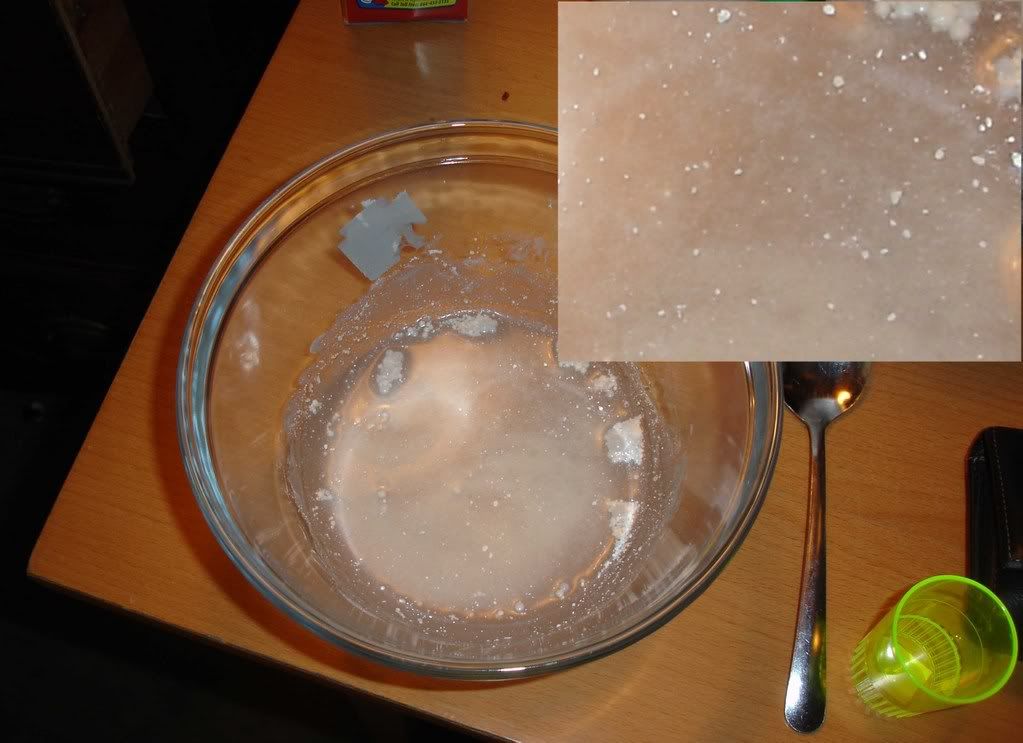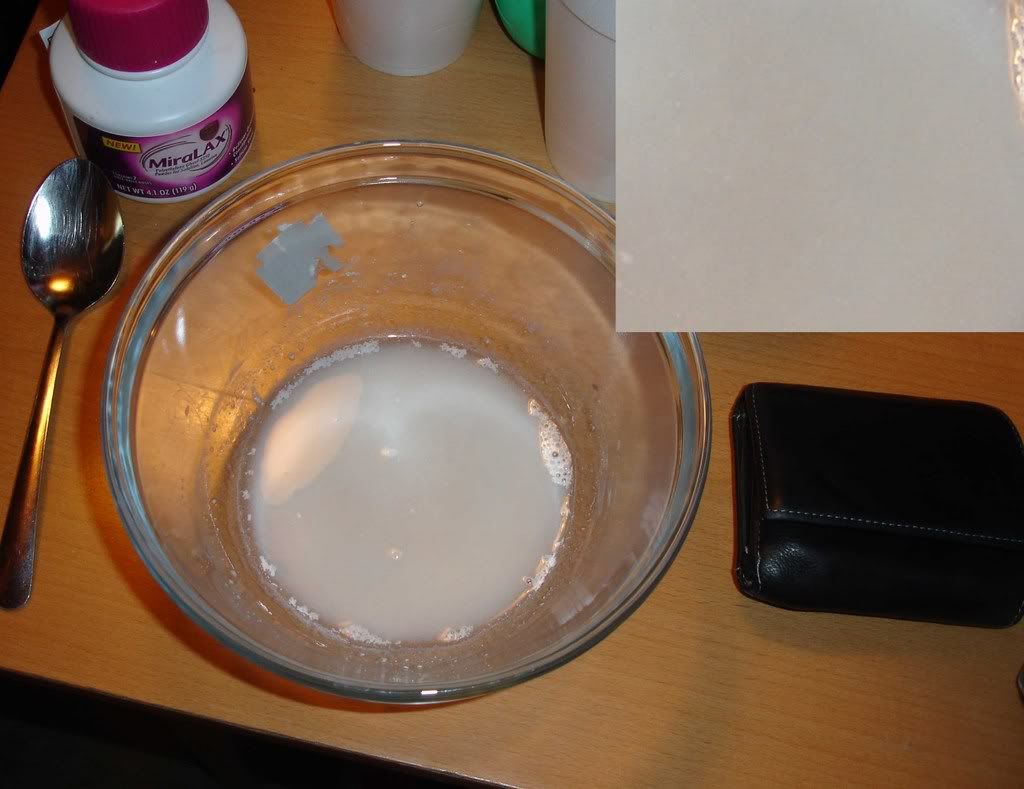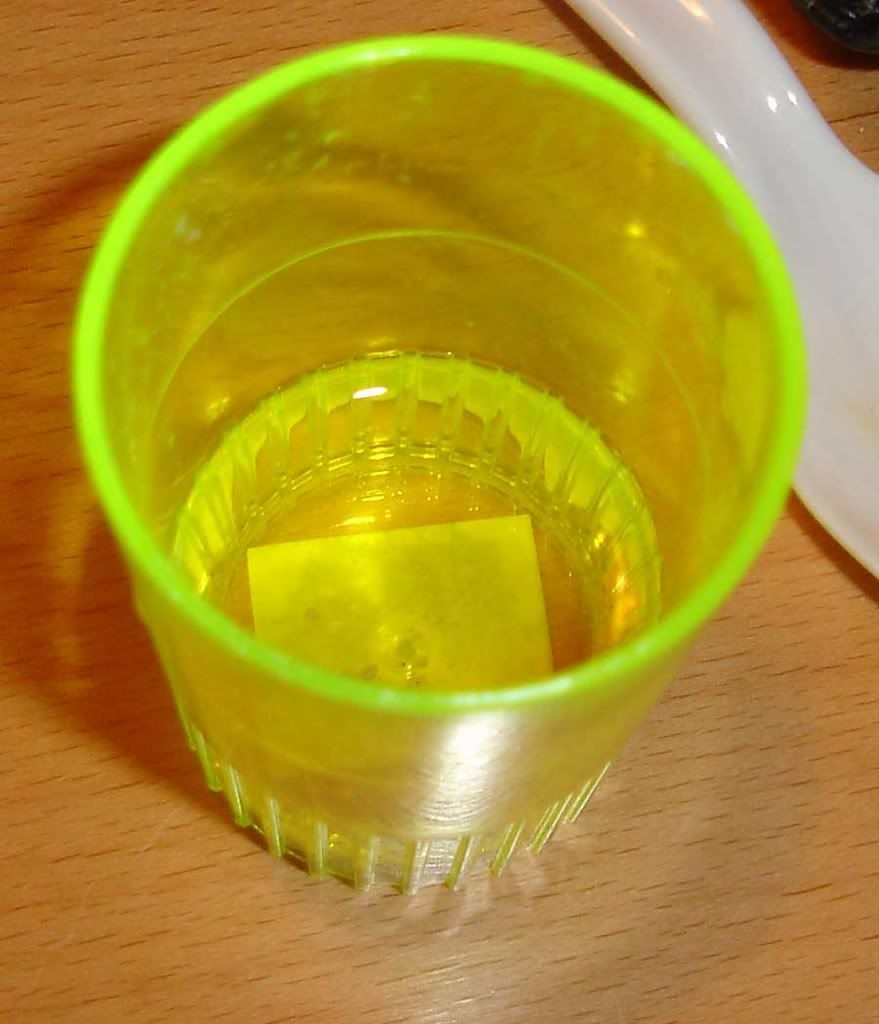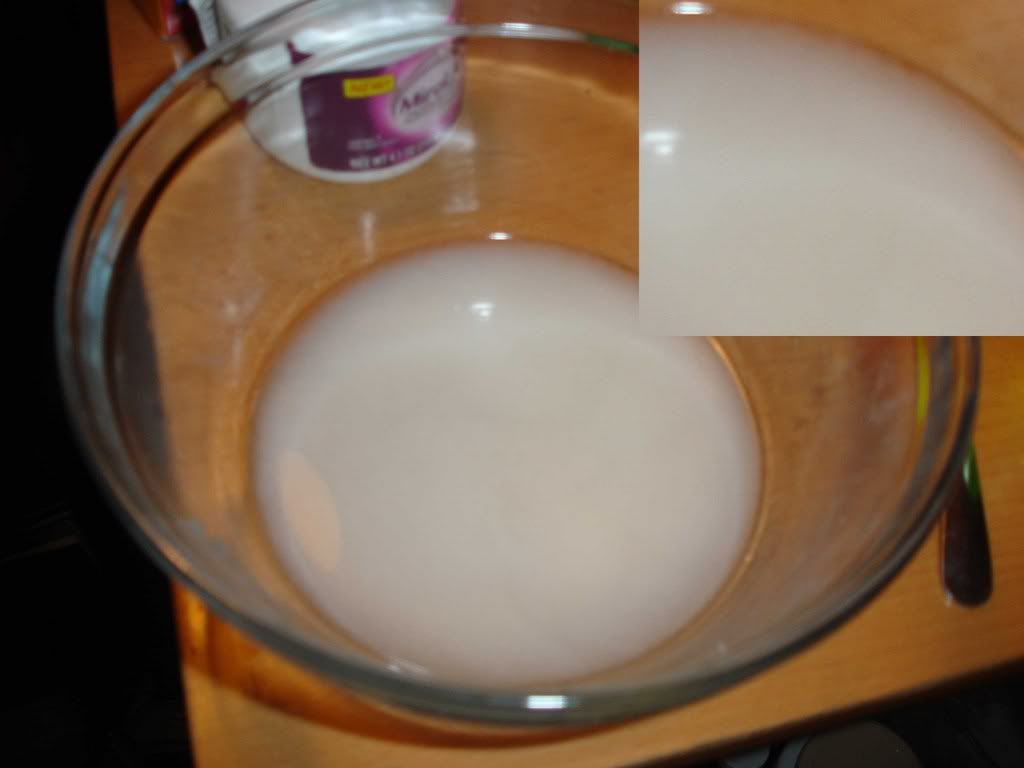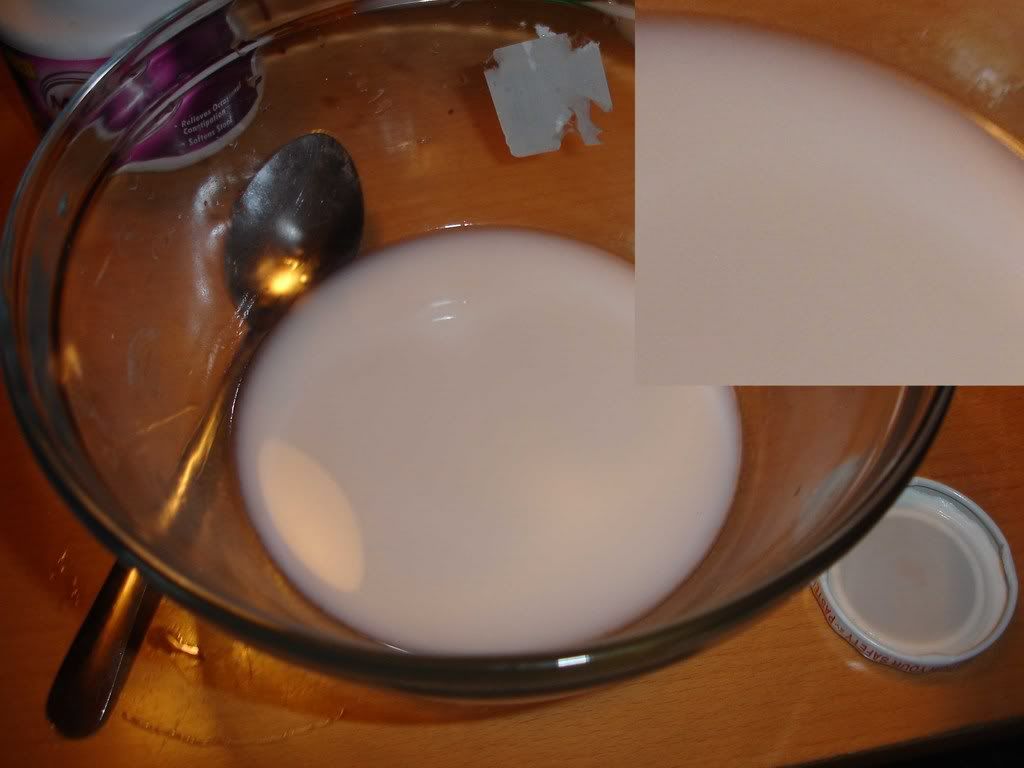Hi kaben, thanks for the abstracts. These are both nice finds. The first paper does at the very least raise a concern about combining aspirin with resveratrol. The second paper is an interesting approach at dealing with the problem, but I would have two concerns. The first is that the protection from gastric lesions afforded by melatonin is probably not 100%. If you were taking it for a long time, you might run into a problem anyway. Safety coated aspirin probably would not work, because their absorption is delayed until they hit the gut. You would want the blood level of the aspirin to be raised ahead of the resveratrol. My other concern is that the amount of melatonin needed is pretty large. You probably wouldn't want to take it during the day. YMMV; I get pretty whacked on just one mg of melatonin.
I agree, 5mgs of melatonin wouldnt work for me. I'd be out before I could get to the rest of the pills...........
Thank you, niner, it hadn't occurred to me that regular Aspirin would work better than coated Aspirin.
Regarding niner's and malbecman's concerns over melatonin, yes, it zonks me out too. I use melatonin to help me sleep, under the advice of my doctor, who advises that I take a 5 mg tablet 45 minutes before I go to bed (contradicting the label, which suggests 20 minutes). She has also told me that unlike many medicines, I can use melatonin for this purpose for the rest of my life without fear of harmful side effects. Once-daily melatonin-Aspirin-resveratrol might work well before bed.
Regarding niner's first concern over long-term GI damage, the second-to-last paragraph of the Konturek et al paper contains the following observation that the body may adapt to limit Aspirin's damage:
It is of interest that at day 11, we observed a significant decrease in mucosal lesion score in patients taking daily large dose of ASA (2 g/day). This may be due to the phenomenon of gastric mucosal adaptation. Further studies should clarify whether MT may be involved in the mechanism of already described in humans gastric mucosal adaptation to ASA (19) and whether regular pretreatement with MT or Trp could be useful in protecting the gastric mucosa from the damage in patients treated regularly for long period of time with ASA, e.g. in prevention of cardiac or cerebral vascular diseases.
See the associated chart in figure 4:

Fig. 4. Endoscopic grading of gastric mucosal injury according to the LANZA score in subjects treated with aspirin alone or aspirin with melatonin or aspirin and L-tryptophan. The score was evaluated before start of therapy (day 0) or at days 3, 7 and 11 after start of treatment. Asterisk indicates a significant change as compared to day 0. Cross indicates a significant change as compared to the values obtained in the group of subjects treated with aspirin alone. In this and subsequent figures each point represent mean of seven determinations in seven volunteers. Asterisk and cross (#) indicate a significant change as compared to the values at dey 3 recorded in subjects ingesting ASA with placebo.
I did not know what the LANZA score was, and I found the following definition:
The Lanza score is a scoring system created by Lanza FL to attribute a severity score for NSAIDs’ induced erosive mucosal injuries in the stomach or duodenum. This type of score is registered during gastroscopic examinations and attributes the following grades to the following lesions:
- 0: Normal stomach or proximal duodenum
- 1: Mucosal haemorrhages only
- 2: One or two erosions
- 3: 3-10 erosions
- 4: >10 erosions or an ulcer
Erosions are defined as white-based mucosal breaks of any size and flat. Ulcers are defined as mucosal breaks of at least 3 mm or more demonstrating unequivocal depth.
This is perhaps why doctors consider long-term Aspirin use an acceptable risk as a treatment for heart disease. The risk of GI damage might not go away, but it also might not increase over time (so the rate of GI incidents might level-off or decrease). The consensus seems to be that people are better-off who exchange each heart attack for two or three GI bleeds.
As the paper above states, further studies will be required to learn the long-term gastroprotective effects of melatonin.
I'm very curious to know whether melatonin might protect against the high damage of combined Aspirin and a COX-2 inhibitor. I haven't found any studies yet. I've considered informal self-experimentation, as hedgehog has done. There would be expenses and risks, and it would require the cooperation and supervision of a doctor, but happily not an analytical lab.
(Edited for typos.)
Edited by kaben, 30 September 2008 - 02:00 AM.







































